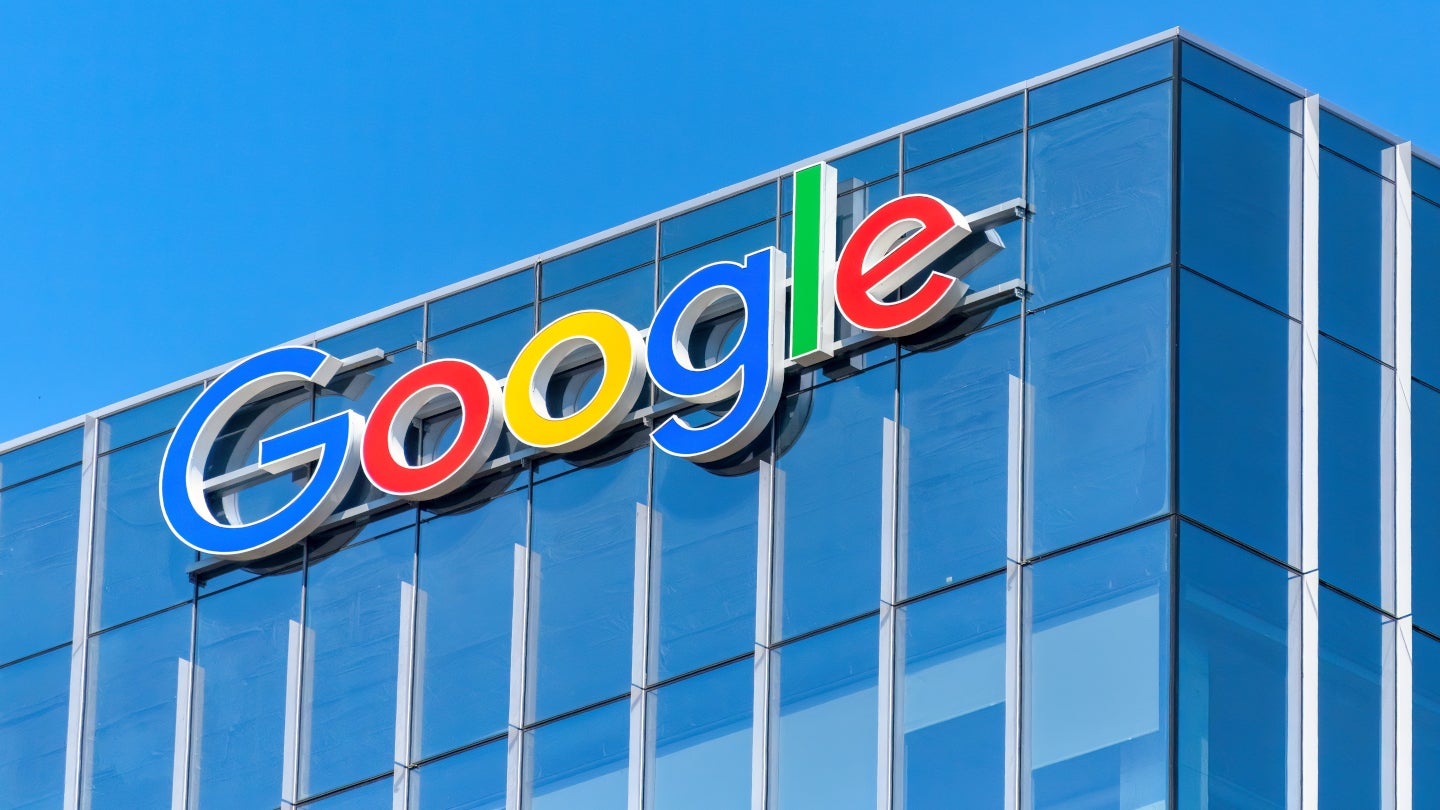
Alphabet’s Google has introduced an AI tool designed to serve as a virtual collaborator for biomedical scientists.
This AI co-scientist tool, tested by researchers at Stanford University and Imperial College London, leverages advanced reasoning to help scientists synthesise extensive literature and produce new hypotheses, according to the company.

Access deeper industry intelligence
Experience unmatched clarity with a single platform that combines unique data, AI, and human expertise.
Google’s AI unit, DeepMind, has prioritised scientific advancements, with DeepMind’s head, Demis Hassabis, being a co-recipient of a Nobel Prize in Chemistry for technology developed within the unit, reported Reuters.
In an experiment on liver fibrosis, Google reported that all approaches suggested by the AI co-scientist demonstrated promising activity and potential to inhibit disease causes.
Google noted that the tool showed the capacity to enhance solutions generated by experts over time.
“While this is a preliminary finding requiring further validation, it suggests a promising avenue for capable AI systems… to augment and accelerate the work of expert scientists,” the company stated.

US Tariffs are shifting - will you react or anticipate?
Don’t let policy changes catch you off guard. Stay proactive with real-time data and expert analysis.
By GlobalDataThe AI co-scientist system is reportedly not intended to fully automate the scientific process.
Instead, it is designed for collaboration, allowing experts to interact with the tool using simple natural language and provide feedback, including their own hypotheses for experimental testing.
Professor José Penadés, from Imperial’s Department of Infectious Disease and the Fleming Initiative (a partnership between Imperial College London and Imperial College Healthcare NHS Trust) who co-led the experimental work, said: “When the Google research team approached us to test its AI platform, we realised we needed to task it with the same scientific questions that we had already explored ourselves and used as the basis of our experimental work.”
“This effectively meant that the algorithm was able to look at the available evidence, analyse the possibilities, ask questions, design experiments, and propose the very same hypothesis that we arrived at through years of painstaking scientific research, but in a fraction of the time.”
Scientists involved in the project emphasised that the tool is meant to complement, not replace, researchers.
“We expect that it will… increase, rather than decrease scientific collaboration,” Google scientist Vivek Natarajan said.
Earlier in February 2025, Google launched a new class of AI models within its Gemini family, providing a cost-effective alternative to models from competitors, including low-cost options from Chinese company DeepSeek.
Meanwhile, in another development, Milan prosecutors have decided to drop a tax case against Google’s European division after the company agreed to a settlement of €326m ($340m), reported Reuters
This agreement covers sanctions, penalties, and interest for the period between 2015 and 2019, according to a statement from the prosecutors.
In 2024, Italy asked Google to pay €1bn in unpaid taxes and penalties.
The Milan prosecutors alleged that Google failed to file and pay taxes on revenue generated in Italy. This claim was based on the digital infrastructure that the company has in the country.
This settlement came seven years after Google settled a previous tax dispute with Italian authorities.







